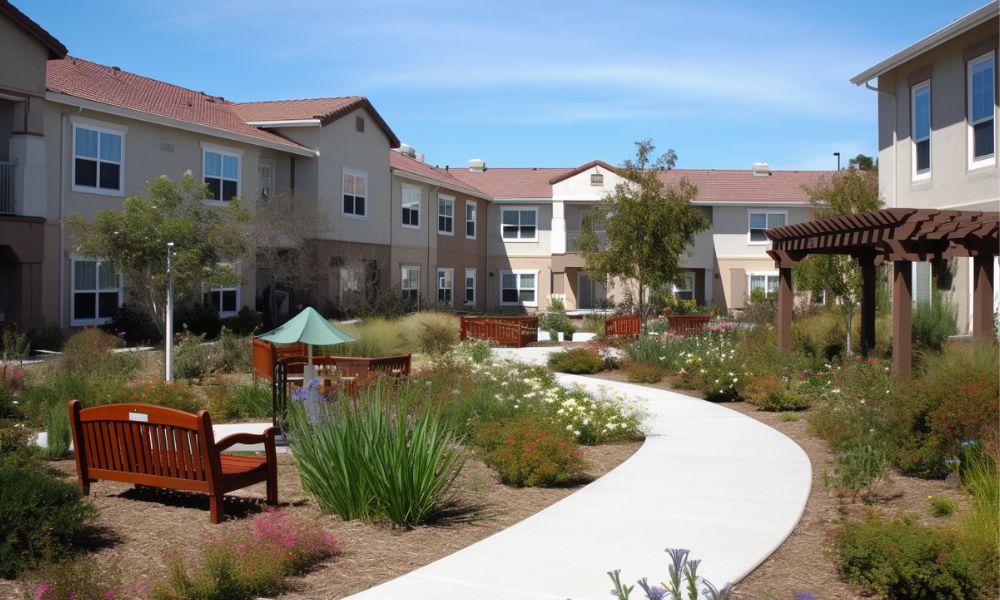Everything You Need to Know About Senior Housing with Immediate Move-In
Finding immediate senior housing solutions can feel overwhelming, but understanding your options and requirements can make the process smoother. This comprehensive guide explores everything you need to know about securing senior housing with quick move-in options, from eligibility criteria to maximizing available benefits.

What Is Senior Housing with Immediate Move-In?
Senior housing with immediate move-in refers to residential communities or apartments that offer expedited placement for older adults who need housing quickly. These properties typically maintain ready-to-occupy units and streamlined application processes to accommodate seniors requiring urgent housing solutions. Options range from independent living apartments to assisted living facilities, depending on the level of care needed.
Who Qualifies for Immediate Senior Housing?
To qualify for immediate senior housing, applicants generally must:
-
Be at least 55 or 62 years old, depending on the community
-
Meet minimum income requirements or have qualifying assistance
-
Pass a basic background check
-
Provide proof of identity and age
-
Complete necessary medical assessments (for assisted living facilities)
-
Demonstrate ability to live independently or have proper care arrangements
What Are the Benefits of Immediate Move-In Senior Housing?
Immediate move-in senior housing offers several advantages:
-
Quick resolution for urgent housing needs
-
Reduced waiting periods
-
Furnished unit options available
-
Access to senior-specific amenities and services
-
Built-in community support
-
Safety features designed for older adults
-
Simplified application process
-
Potential financial assistance opportunities
How to Find and Secure Immediate Senior Housing
Start your search by:
-
Contacting local senior housing referral services
-
Reaching out to senior living communities directly
-
Working with a senior housing specialist
-
Checking with Area Agency on Aging offices
-
Using online senior housing locator tools
-
Consulting with social workers or case managers
What Financial Resources Are Available?
Several programs can help cover senior housing costs:
-
Housing Choice Voucher Program (Section 8)
-
Section 202 Supportive Housing for the Elderly
-
Low-Income Housing Tax Credit properties
-
State-specific senior housing assistance
-
Veterans benefits for eligible seniors
-
Reverse mortgages for homeowners
-
Bridge loans for quick transitions
Common Senior Housing Options and Typical Costs
| Housing Type | Average Monthly Cost | Typical Move-In Timeline |
|---|---|---|
| Independent Living | $2,000 - $4,000 | 1-7 days |
| Assisted Living | $3,500 - $6,500 | 2-14 days |
| Senior Apartments | $1,000 - $3,000 | 1-5 days |
| Memory Care | $5,000 - $8,000 | 3-14 days |
Prices, rates, or cost estimates mentioned in this article are based on the latest available information but may change over time. Independent research is advised before making financial decisions.
When seeking immediate senior housing, consider both short-term and long-term needs. While quick move-in options provide fast solutions, ensure the community meets all necessary care requirements and financial considerations for sustainable living. Work with housing specialists and financial advisors to make informed decisions that support both immediate and future needs.




